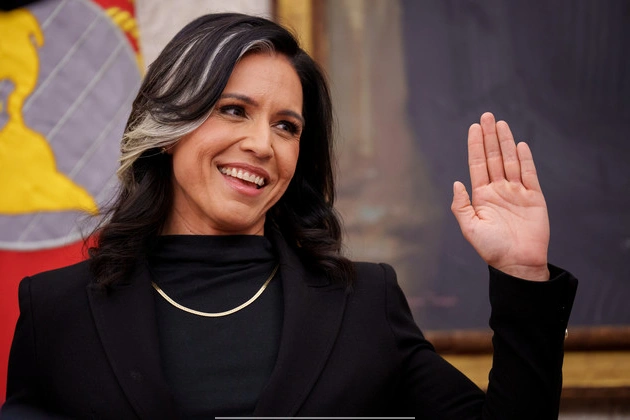
The Controversial Appointment of Daniel Davis
The Trump administration’s selection of Daniel Davis as the deputy director of national intelligence has sparked controversy and raised concerns about US-Israel relations. Davis, known for his critical views on Israel and US foreign policy, is set to take on a key role in the intelligence community.
Davis, a fellow at the Koch-funded Defense Priorities think tank, has been vocal in his criticism of US support for Israel’s actions in Gaza and its approach to Iran’s nuclear ambitions. His appointment has drawn criticism from some lawmakers, including Sen. Mark Warner, who questioned Davis’s qualifications for the position.
Impact on US-Israel Relations
Davis’s appointment is likely to strain relations between the US and Israel, as his views on Israel’s actions in Gaza and Iran’s nuclear program differ significantly from the Trump administration’s stance. The Israeli government has yet to comment on Davis’s appointment, but it is expected to raise concerns within the Israeli security establishment.
His role as deputy director of national intelligence for mission integration will involve coordinating intelligence activities across various agencies and serving as a liaison between the intelligence community and the President. This position is crucial for ensuring effective intelligence gathering and analysis.
The Future Under Davis’s Leadership
As Davis assumes his new role under President Donald Trump’s spy chief Tulsi Gabbard, the intelligence community will be closely watching how he navigates the complex landscape of national security and intelligence. His background as a retired US Army lieutenant colonel and his experience in post-9/11 conflicts bring a unique perspective to the position.
Despite the controversy surrounding his appointment, Davis’s advocacy for a more restrained use of US military force overseas aligns with the goals of the Defense Priorities think tank. This approach may signal a shift in US foreign policy under the current administration.
Conclusion
The appointment of Daniel Davis as deputy director of national intelligence marks a significant development in US intelligence leadership. His unconventional views on Israel, Iran, and military intervention raise questions about the future direction of US foreign policy and national security strategy.











